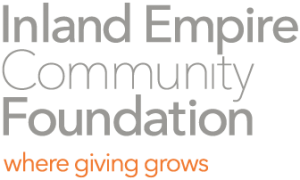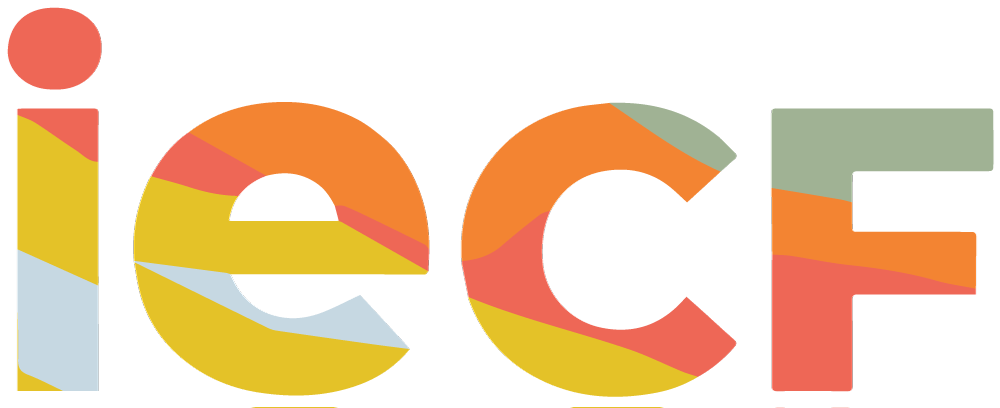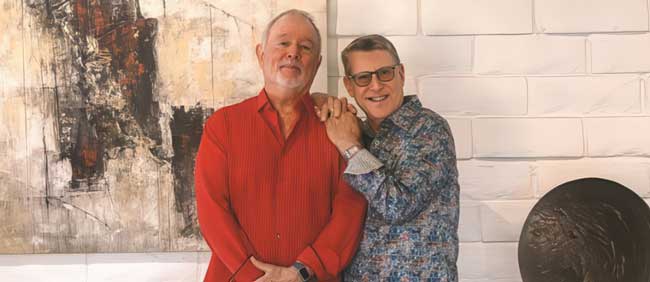 The desert’s regional food bank is getting a boost in support thanks to a recent grant from Inland Empire Community Foundation. Recently, FIND Food Bank received funding through the Todd Barajas Legacy Fund, which was established in 2016.
The desert’s regional food bank is getting a boost in support thanks to a recent grant from Inland Empire Community Foundation. Recently, FIND Food Bank received funding through the Todd Barajas Legacy Fund, which was established in 2016.
Debbie Espinosa, President & CEO of FIND Food Bank, says those resources are greatly assisting them with broad and general uses. She also notes the nonprofit’s extraordinary reach in the region.
“We go from the windmills on I-10 all the way to the California/Arizona border, and Blythe, then up to Anza, Joshua Tree, and 29 Palms, and then everything in between that,” she said. “We have a pretty expansive service area.”
That helps, especially when it comes to the importance of equitability for the distribution food in the region.
“We help fill, stock, and supply the local food pantries and food banks,” Espinosa said. “That’s our primary role. We are the regional food bank, and we ensure that the distributing agencies are place-based locations and in the smaller community areas, and that they are stocked and supplied.”
To that end, FIND Food Bank is the only regional food bank serving eastern Riverside and southern San Bernardino Counties in southern California. In 2024, the nonprofit distributed 28 million pounds of food to 120,000 people on average every month at 175 distribution sites.
Its varied community-based partners and programs include food pantries, soup kitchens, after-school and summer care, senior centers, faith-based organizations, and homeless shelters.
Additionally, more than 25 mobile pantries venture out to fill in any food gaps.
FIND Food Bank sprang to life in the early 1980s and remains one of the main cornerstones of the food security system in the region. Espinosa doesn’t take her role lightly.
“We feel the weight of that on our shoulders every day,” she said. “We want to make sure that we can take care of everybody—all the non-profit organizations that we support—as best we can.”
A recent, and surely major, milestone is the nonprofit’s major expansion efforts, which created ample additional space to store food and distribute it more expeditiously.
With its new 45,000-square-foot warehouse—its other facility was 38,000 square feet—Espinosa is thrilled that the nonprofit is close to 100,000 square feet of warehouse and distribution space.
There was another perk to the new outpost, however.
“When we envisioned this new building, we realized that with a lot of the warehousing and logistics companies coming closer to the Coachella Valley—the I-10 is really starting to develop out through Beaumont, Cabazon, and the Desert Hot Springs area—we have the capability of doing a workforce development program on operations and logistics and inventory management systems,” she added. “We do that so people can learn and gain professional development skills as part of our training center. And they can help the community at the same time.”
Upon completing the program, those individuals would have found knowledge and new skills to “build out resumes and apply to other jobs,” Espinosa said. “They would have a better shot to end food insecurity.” 
Ending hunger comes in three different stages, she added. “There’s ending hunger for today, which is our food distribution programs. Then there’s the food distribution programs, and, of course, a myriad of food distribution programs within that category.”
Outreach services help people become established greater independent by signing them up on CalFresh, and connecting and interconnecting them with other resources that many food-insecure people can experience, such as utility assistance, housing assistance, and Medi-Cal registration.
“We help people navigate through all that,” Espinosa said.
“Ending hunger for a lifetime” programs also come into play. Here, the nonprofit addresses the root causes of hunger and focuses on four of the contributing factors to why people are in the food line.
“There’s a multitude of factors, but the four that we can make a significant difference in is workforce development, educational attainment, financial literacy, and community engagement,” Espinosa said.
When asked what she appreciates most about being part of the area’s revered nonprofit, the CEO was candid.
“What I love most is that there’s so much community kindness here,” she said. “I’ve lived all over the United States. I went to school in the Midwest. I was up in the San Francisco Bay Area. I lived over in the coastal areas of Southern California. There’s something really special about the people in this community, and I feel it in such a different way than the other areas that I’ve lived in.
“People here are concerned, and there’s a love to make sure people are taken care of and not left behind,” she added. “Another reason I love it is because I’ve been given an opportunity to go out and interact with the community in such a strong way, and to help feed people who are in need.”
Learn more about FIND Food Bank by visiting FINDfoodbank.org.
This story originally appeared in the Desert Sun, August 2025.
Stay up to date on all the good work we’re doing through the power of philanthropy. Sign up for our eNewsletter, Philanthropy Matters, today.


